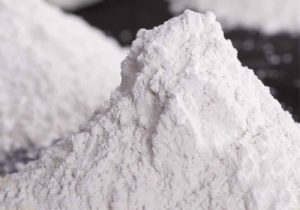
CP-992 Organophilic clay
CP-992 Organophilic Clay, the wet process improved viscosifier and gelling agent . It is a rapidly dispersing.
Bentonita : Organic bentonite is an improved type of bentonite that exhibits excellent rheological properties in low polarity, ultimate polarity, and high polarity systems. Its anti settling and rheological properties also enable the entire formula to perform well. In lubricating paper, ink, and drilling fluid, a large number of users use organic bentonite to achieve their pursuit of rheological properties.
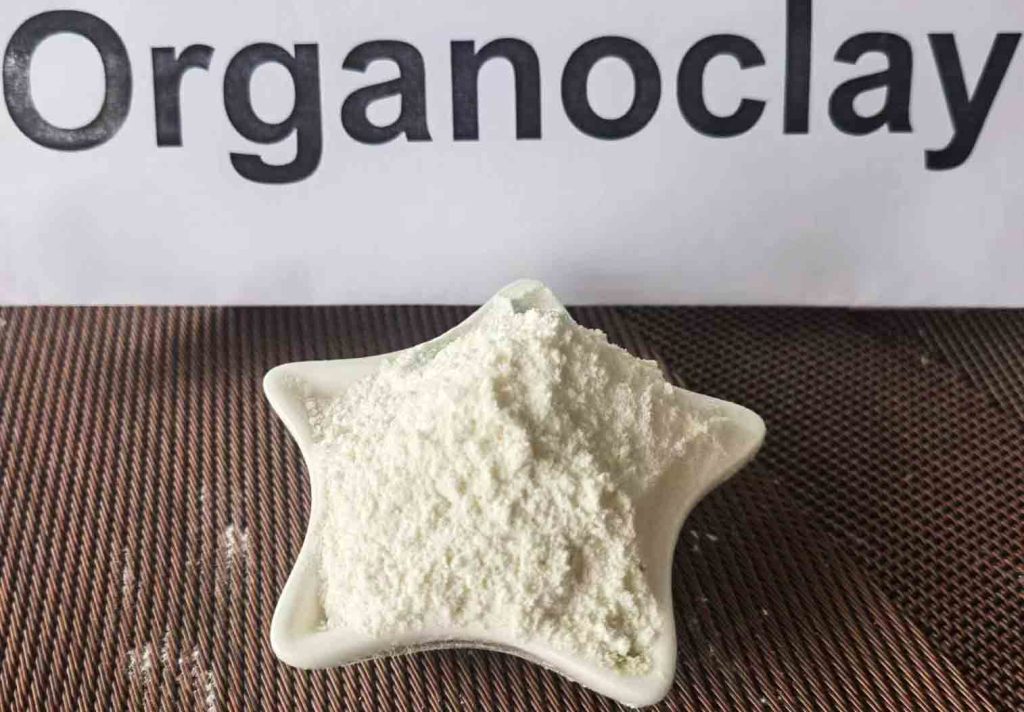

CP-992 Organophilic Clay, the wet process improved viscosifier and gelling agent . It is a rapidly dispersing.

CP-982 Organophilic Clay is an amine treated bentonite with a moderate temperature performance.

CP-150 Organophilic Clay is a self-activating organoclay that disperses easily and performs well in diesel, low aromatic mineral oil, modified vegetable oil, and synthetic base fluid formulations.
Organoclay Bentonita : The main goal of helping people to produce Organoclay Bentonita is to improve the thixotropic, suspending, anti settling and rheological properties of the entire chemical formula. During the production of KCamp Shinning, each batch of Organoclay Bentonita has been strictly inspected and recorded


CP-10 organoclay is a rheological additive made of organoclay. It is used in non-polar to moderately polar aliphatic and other solvent systems

CP-MPZ organoclays is an modified bentonite that is used in solvent and resin systems ranging from non-polar to highly polar.

The CP-MPS rheology modifier is a type of organo clay rheological additive that is used in solvent and resin systems ranging from non-polar to high polarity.
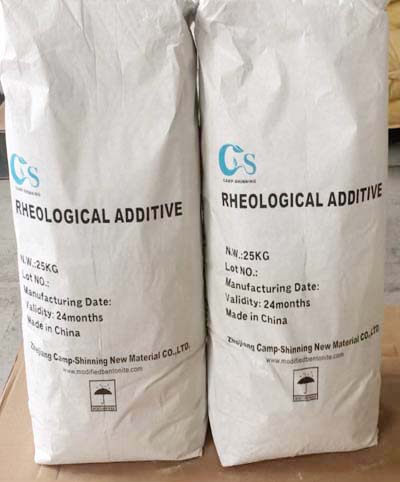
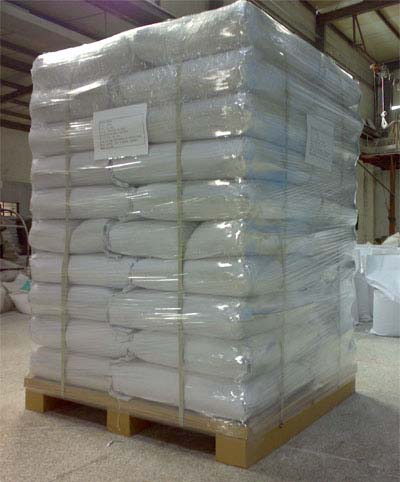
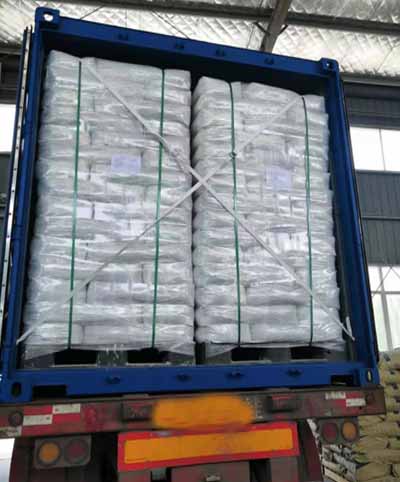
Organoclay Supplier / Manufacturer :
Internet address: https://www.rheologymodifiers.com/
Email address: [email protected]
Whatsapp / Wechat: +86-13185071071
Organophilic Clay Supplier / Manufacturer :

CP-EW Organoclay for Water Based paint. It is primarily employed in water borne paint systems,such as latex paint. So it is a good water based additive in paints,coatings,grease etc.

CP-EWS Modified bentonite It is employed in a water-borne coatings system. CP-EWS organoclay outperforms CP-EW in terms of thixotropy, transparence, and dispersion.

CP-WBS Rheology Modifier is rheological modified bentonite. It is mostly employed in water-borne systems.


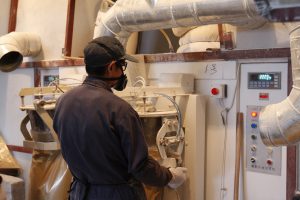
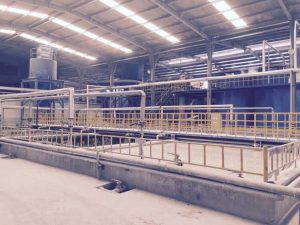
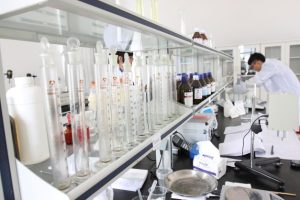
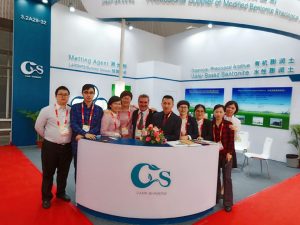
The Organoclay bentonite | Organophilic clay -specialized Zhejiang Camp-Shinning New Material CO.,LTD. and Hangzhou Camp-Shinning CO.,LTD. are subsidiaries of Camp-Shinning.
Camp-shinning concentrated on high value-added, high-technology organo bentonite series products, particularly in research, development, manufacturing, and sales of organic (solvent based organoclay) and inorganic bentonite (water based organoclay).
Our Organophilic bentonite clay finds widespread application in oil drilling mud, paint, coating, lubricating grease, adhesive, construction mortar, cosmetics, and waste water treatment, among other applications. A group of world-class professional users and distributors, such as SUN CHEMICAL,,SIEGWERK,LEHMANN &VOsS, and others, have acknowledged our dependable quality.
Current annual production of organic bentonite clay | organoclay is 20,000 metric tons, while refined bentonite production is 15,000 metric tons.
Our ISO 9001 quality system certification and IS014001 environmental management system certification, as well as our own mine with superior ore quality and production of proprietary technology, ensure the long-term quality and supply stability of our Organoclay bentonite | Organophilic clay.
Our mission is to provide users with superior Organoclay bentonite | Organophilic clay and services and to collaborate with them to achieve success and glory.
Internet address: https://www.rheologymodifiers.com/ and email address: [email protected]
Whatsapp / Wechat: +86-13185071071
Organoclay Bentonita
The properties of bentonita organoclay will be discussed in the following article. It will describe its preparation, dispersion, and adsorption capabilities. You will also learn how it can be used for a variety of purposes. The benefits of bentonita organoclay are numerous, as detailed below.
organoclay bentonite
Bentonite organoclays blend natural clay qualities with superior chemistries for the oil and gas drilling fluids sector. Furthermore, organoclays give emulsions hydrophobicity and suspension.
Organoclays’ adsorption ability is mostly determined by the solubility of organic pollutants and the adsorption capacity of the clay mineral. The amount of organic carbon in bentonite organoclays influences their adsorption capacity.
Aromatic hydrocarbons can be absorbed by organoclays. Furthermore, because of their organophilic qualities, they are excellent adsorbents for petroleum spills and cement-based S/S processes. These clays are also employed in the construction of slurry walls and landfill liners. They may also be suitable for wastewater filtering as a contaminant-remediation material.
These data suggest that adding bentonite to concrete can improve its overall qualities. It helps to reduce compressibility while increasing undrained shear strength. Furthermore, it increases the reusability of waste marine soils.
Preparation
The technique of modifying the characteristics of a clay material through the intercalation of cationic surfactants is known as organoclay preparation. These alterations modify the surface properties of the clay, increasing its specific surface area and pore volume, hence improving its adsorption capacity. This approach is widely utilized in heavy metal, organic chemical, and pesticide remediation.
The preparation of organoclays is a cost-effective process that uses readily available ingredients. Organoclays can be generated in current large-scale manufacturing plants. These compounds are cheap and effective at removing a wide range of hydrophobic substances. The investigation of organoclays reveals their enormous potential for environmental cleanup.
Dispersion
The current invention describes a method for making a Bentonita organoclay dispersion. The procedure entails combining organoclay. The mixture is then treated with a polar dispersant composed of 95% methanol and 5% deionized water. The material is next subjected to a gelling test. The final product has a good gelling behavior.
The polar activator was added to the solution at concentrations ranging from 33 to 100% by weight. The results reveal that the inclusion of a polar activator improves the dispersion’s rheological properties, such as basal spacing and gel volume.
The efficacy of organoclay dispersion is proportional to its depth. The deeper the bed, the more oils are extracted. The flow rate has an impact on efficiency as well. The efficiency level fluctuates between 50% and 70%. The quaternary amine utilized in the formulation influences the efficiency of the organoclay dispersion. However, the concentration of the dispersion and the rate of agitation should be considered before using it.
Although the method of converting bentonite clay to organoclay is quite straightforward, little research has been conducted to determine whether it is commercially viable. In addition, different concentrations of quaternary ammonium salt were utilized in the investigation to assess the degree of clay dispersion. Increasing the salt concentration resulted in delamination and a loss of thermal stability.
Cost
If you want to use organoclay on a given surface, you should be aware that its cost varies greatly. The cost is determined by the source of the material and the paint or coating that will be applied to it. In some situations, the material can be obtained at a very low cost from a manufacturer in China.
Organoclay is a white powder used in a variety of industrial applications. It is a rheological additive with a wide range of properties. It is quite lubricious and has good suspension stability. It can be used as a filtration medium as well as an additive to oil drilling fluid. Because of its rheological qualities, it is also a helpful component in paint coatings. It is also utilized in the production of plastics and elastomeric materials.
Bentonite organoclay prices vary. This product can range in price from USD1.5 to USD2.7 per kilogram, depending on the purity of the substance and the processing method utilized. However, take in mind that the price of bentonita organoclay for paint might vary substantially.
Bentonite organoclay is a highly adaptable substance. It has a wide range of uses and can be tailored to fit unique needs. You can, for example, modify organoclay to remove specific pollutants or hazardous organics. Organoclay is a good choice for filtering oil-based fluids or lowering the cost of wastewater.
Organoclay Supplier / Manufacturer :
Internet address: https://www.rheologymodifiers.com/
Email address: [email protected]
Whatsapp / Wechat: +86-13185071071
Organophilic Clay Supplier / Manufacturer :

CP-180 organoclay is an organo clay rheological additive (modified montmorillonite) designed specifically for use in solvent-based systems

CP-34 organoclay is a modified bentonite that has been specifically designed for use in solvent-based systems.

CP-EDS modified bentonite is a kind of organo clay rheological additive. It is used in systems of medium polarity and high polarity system.
Bentonita